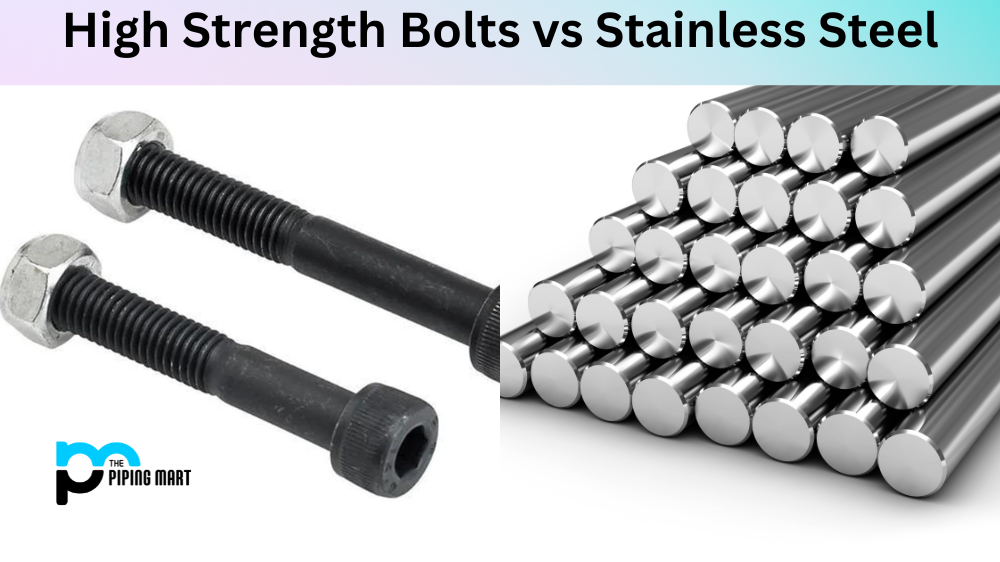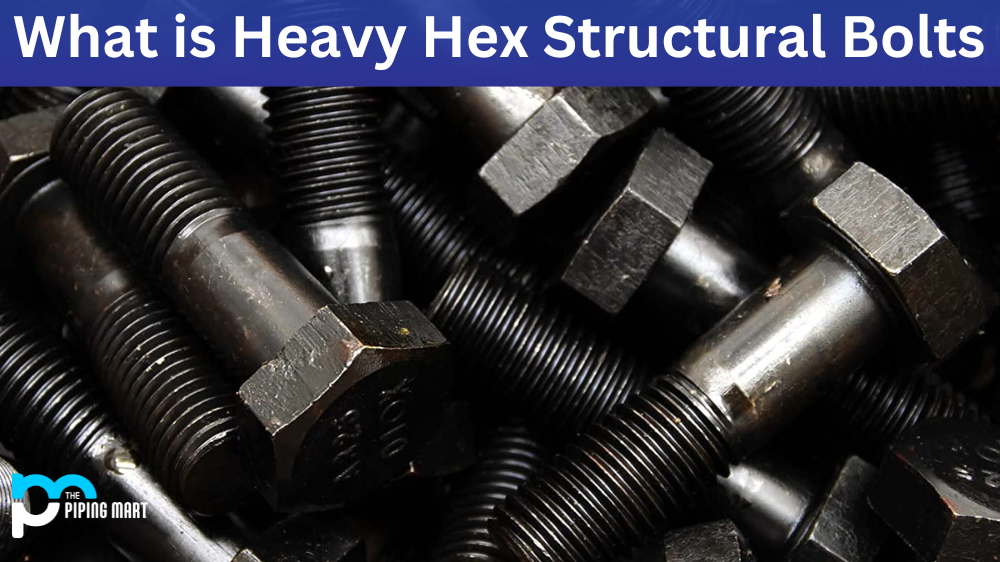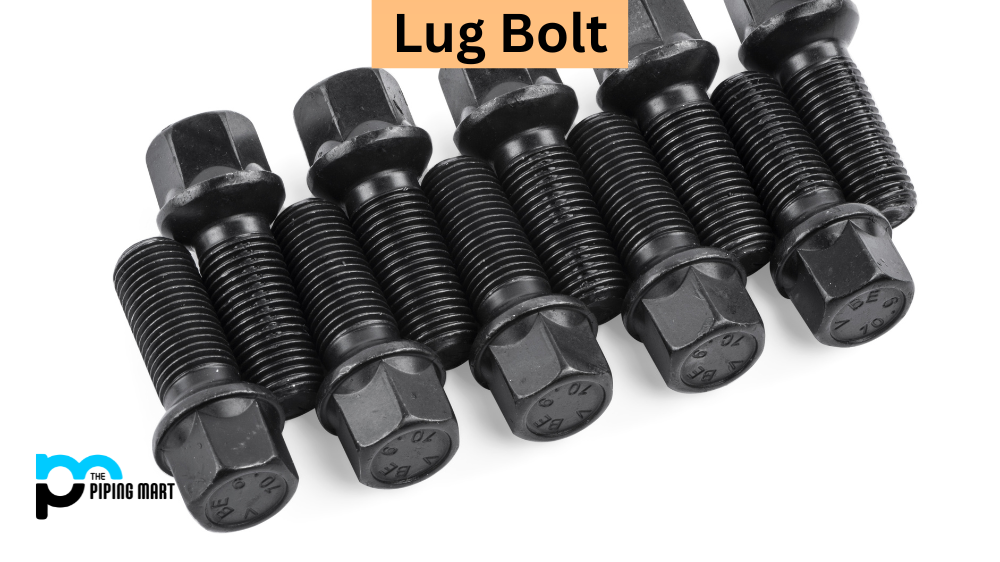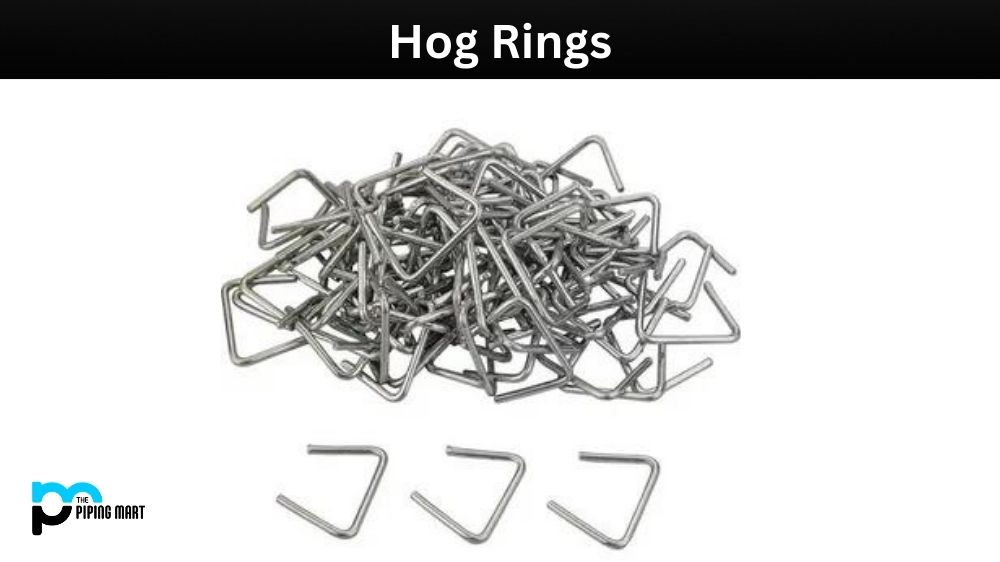Regarding construction projects, there are many factors to consider when selecting materials. Weighing each option’s advantages and disadvantages is essential for ensuring that the end product is up to par. For fasteners, two popular choices are high-strength bolts and stainless steel. Both have unique benefits, so let’s take a closer look at how they compare.
High Strength Bolt
High-strength bolts are made from medium carbon alloy steel and are designed to provide superior performance in applications that require high clamping force or a secure connection. They offer excellent resistance against corrosion, vibration fatigue, and shock loads. Additionally, these bolts feature a more effective thread diameter than other fasteners, which helps them achieve excellent load-bearing capabilities with fewer threads. Moreover, high-strength bolts can easily be tightened with a wrench or socket set because of their larger size without requiring special tools or techniques.
Stainless Steel
Stainless steel is one of the most popular metals used for construction due to its durability and resistance to corrosion. It has excellent tensile strength and can handle low and high temperatures without becoming brittle or losing shape. As a bonus, stainless steel also looks great in any application since it is available in various finishes, including polished chrome and brushed nickel. Additionally, stainless steel comes in different grades, which can be used for other purposes depending on the specific application requirements, such as food grade or medical grade stainless steel.
Difference Between High Strength Bolts and Stainless Steel
Advantages of Stainless Steel Bolt
While high-strength bolts have many advantages, there are also several advantages to using stainless steel bolts. Stainless steel bolts are more resistant to corrosion than high-strength bolts, making them a better choice for applications where moisture or chemicals may be present. Stainless steel bolts typically have a more aesthetically pleasing appearance than high-strength bolts.
Disadvantages of High Strength Bolt
There are some disadvantages to using high-strength bolts over stainless steel bolts. One drawback is that high-strength bolts can be more challenging to work with, as they often require special tools or equipment for installation. High-strength bolts may only be suitable for some applications due to their increased hardness and lack of corrosion resistance.
Disadvantages of Stainless Steel Bolt
While there are several advantages to using stainless steel bolts, there are also some disadvantages. One drawback is that stainless steel bolts can be more expensive than high-strength bolts. In some applications, high-strength bolts may be more robust than stainless steel bolts.
Conclusion:
Overall, high-strength bolts and stainless steel have their advantages in construction projects. Depending on your specific needs, either one could be ideal for your project – make sure you research to determine which type would work best for you before making any decisions! With careful consideration given to all aspects of your project from start to finish, you can feel confident knowing that the result will meet all expectations!

A passionate metal industry expert and blogger. With over 5 years of experience in the field, Palak brings a wealth of knowledge and insight to her writing. Whether discussing the latest trends in the metal industry or sharing tips, she is dedicated to helping others succeed in the metal industry.




